The company's latest neural network unit (NPU) - Atom - can train AI models with up to 7 billion parameters. This processor is being tested in parallel with the A100 graphics card (GPU) produced by Nvidia.
Atom is expected to be mass-produced on Samsung's 5nm foundry technology in the first half of this year, Park Sung-hyun, CEO and co-founder of Rebellions, said in an interview with The Korea Times .
This will be a milestone in the Korean semiconductor industry with a 100% localized product. Park said Atom is five times more power efficient than the A100, but the downside is that the chip is only half as fast as the A2, Nvidia's low-end GPU.
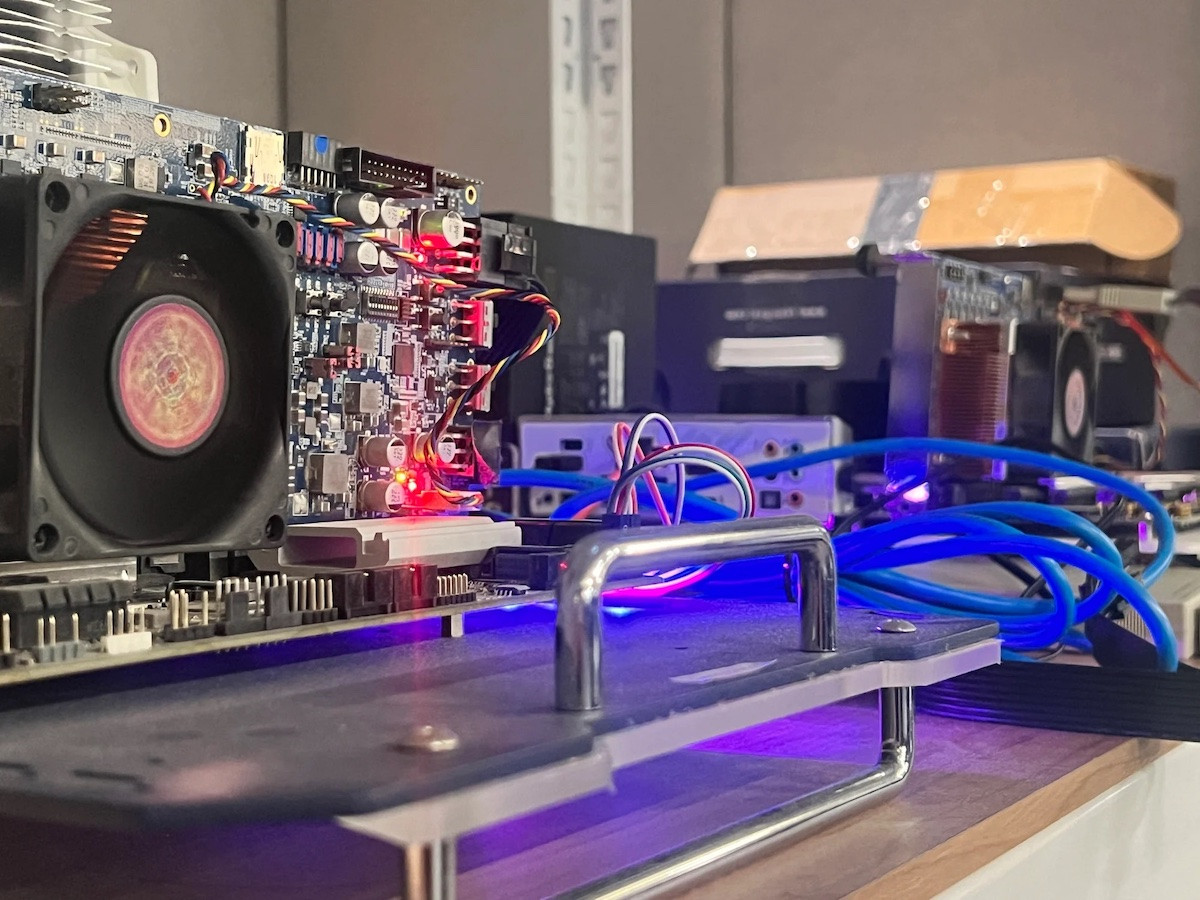
In real-world testing, the Korean chip only needed fan cooling, while Nvidia's processor needed air conditioning - one of the factors that increased power consumption and operating costs.
South Korea, one of the world's top memory chip makers, is looking to break into the booming AI chip market. Seoul aims to meet 80% of the domestic market for AI server chips by 2030.
Rebellions has received backing from some of South Korea's biggest tech giants, including Samsung, telecom company KT and internet company Kakao.
As of January 2024, this startup has successfully raised 124 million USD, bringing the company's valuation to 650 million USD - becoming the country's most valuable semiconductor startup.
Atom's entry into mass production is expected to be a major boost to the company's revenue after years of prototype development. Rebellions' first customer is KT, the North Asian country's second-largest carrier and top server center operator.
Asia - the center of gravity in the semiconductor hardware ecosystem
The future of AI is determined by the infrastructure game, and telecom carriers are “willing to spend big on building data centers,” according to Rebellions founder Park. Park also hopes the KT deal will open up global opportunities, especially in the US market, where the startup has held discussions with IBM.
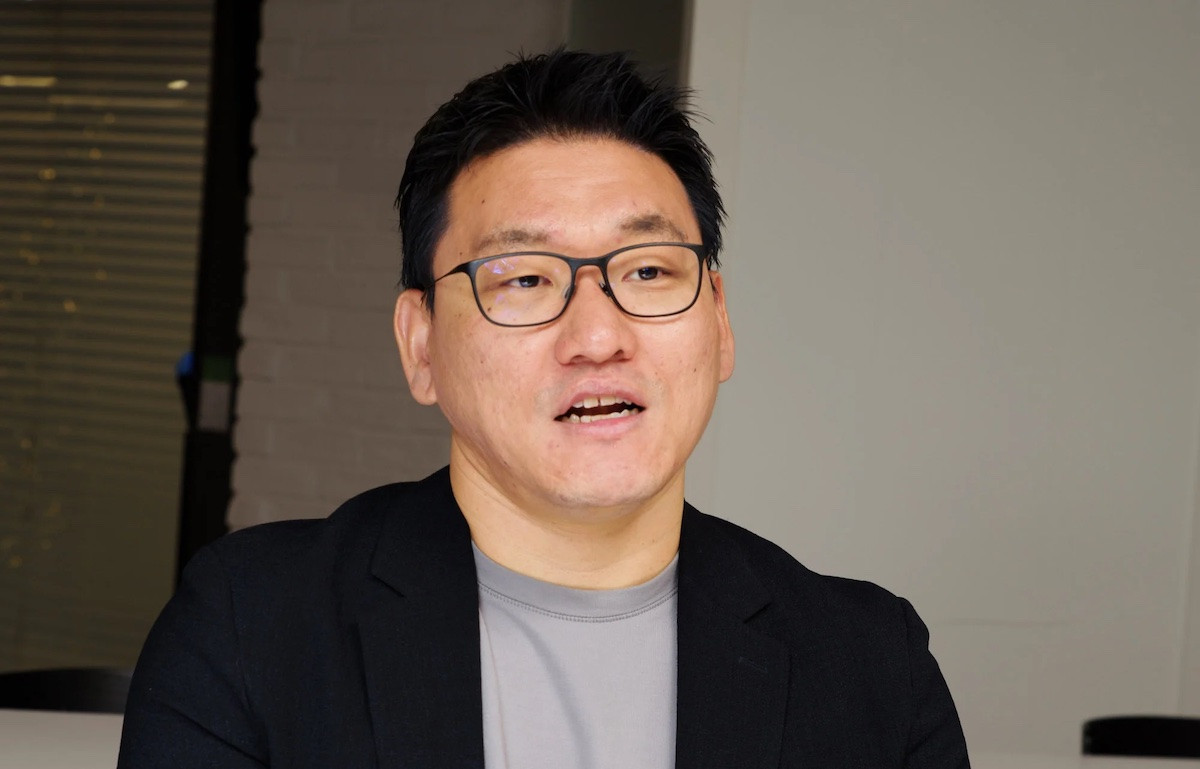
The US is also where the Rebellions CEO earned his PhD in electrical engineering and computer science (Massachusetts Institute of Technology - graduated in 2014), as well as spent 6 years working in chip development at companies such as Intel, SpaceX and Samsung's research branch here.
Despite his experience working in the US semiconductor industry, Park saw a better opportunity to build a semiconductor company in Korea, saying “Asia will be the core region in the semiconductor hardware ecosystem”, with “Korea and Taiwan (China) chasing each other”.
The founder said that the decision to return to Vietnam to establish the company was not easy because his network of business relationships at that time was mainly in the US. Many of Rebellions' initial employees had worked for IBM, Intel, Apple, and Samsung in the US.
Currently, the startup has about 120 employees, of which 100 are engineers. According to Park, nearly 70% of their staff come from major Korean semiconductor companies.
In 2021, the startup launched its first NPU, called Ion, manufactured by TSMC. This NPU was designed for AI tasks in the financial sector. However, after realizing that the demand from data center companies was much larger than that from financial companies, Rebellions decided to change direction.
In October 2023, Rebellions signed a cooperation agreement with Samsung - the largest chip manufacturer in Korea to develop next-generation NPU models with larger parameters, capable of competing with the H200 GPU - Nvidia's highest-end product.
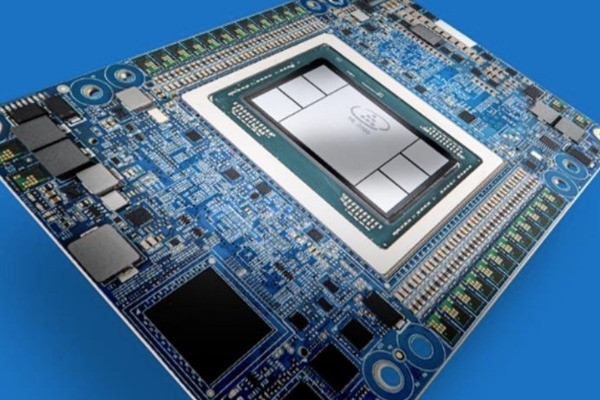
Source



![[Photo] Da Nang: Hundreds of people join hands to clean up a vital tourist route after storm No. 13](https://vphoto.vietnam.vn/thumb/1200x675/vietnam/resource/IMAGE/2025/11/07/1762491638903_image-3-1353-jpg.webp)




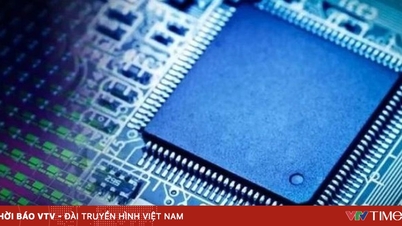

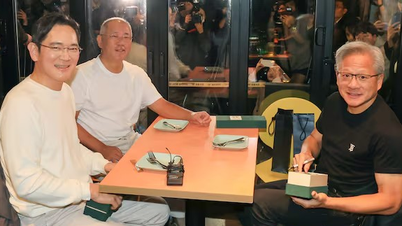

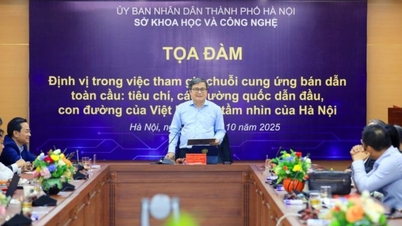

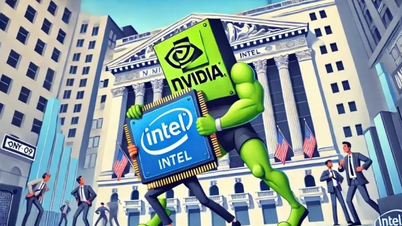


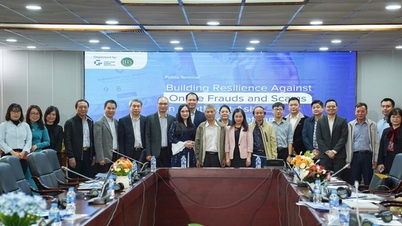

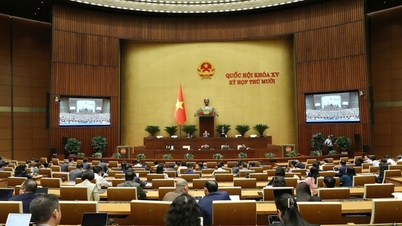










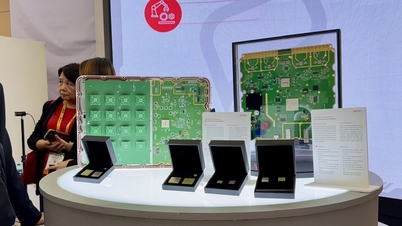
























































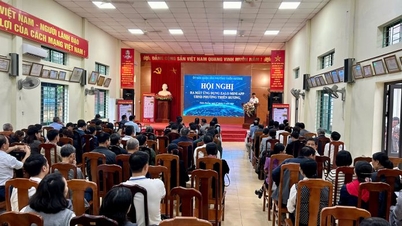



















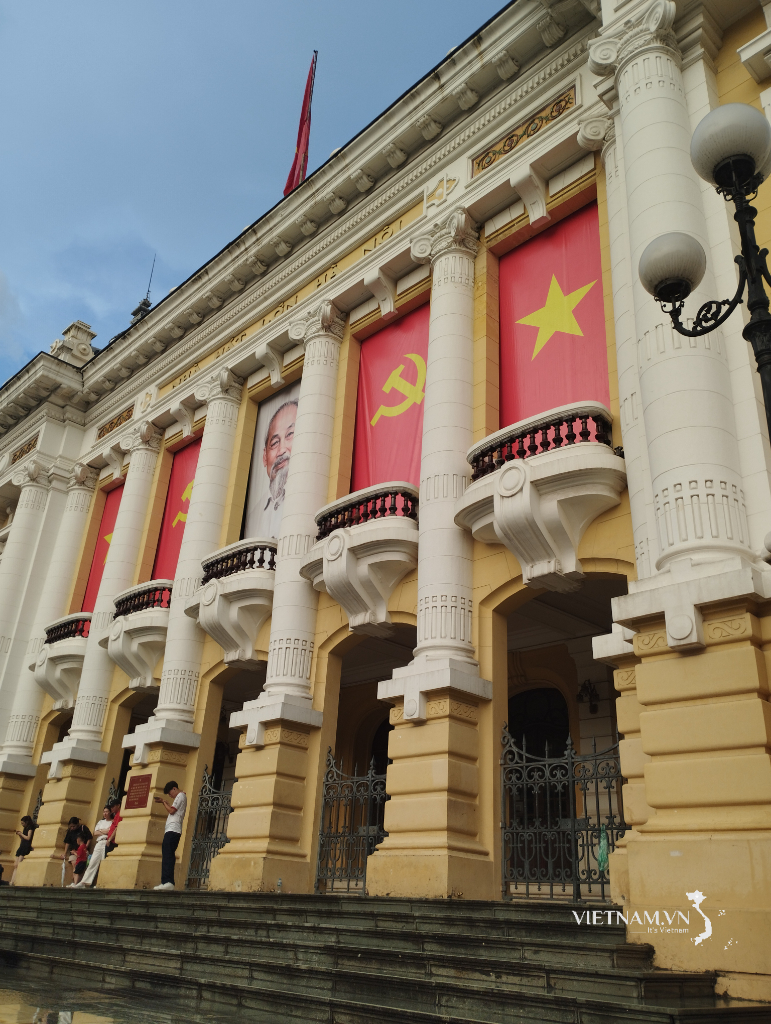
Comment (0)